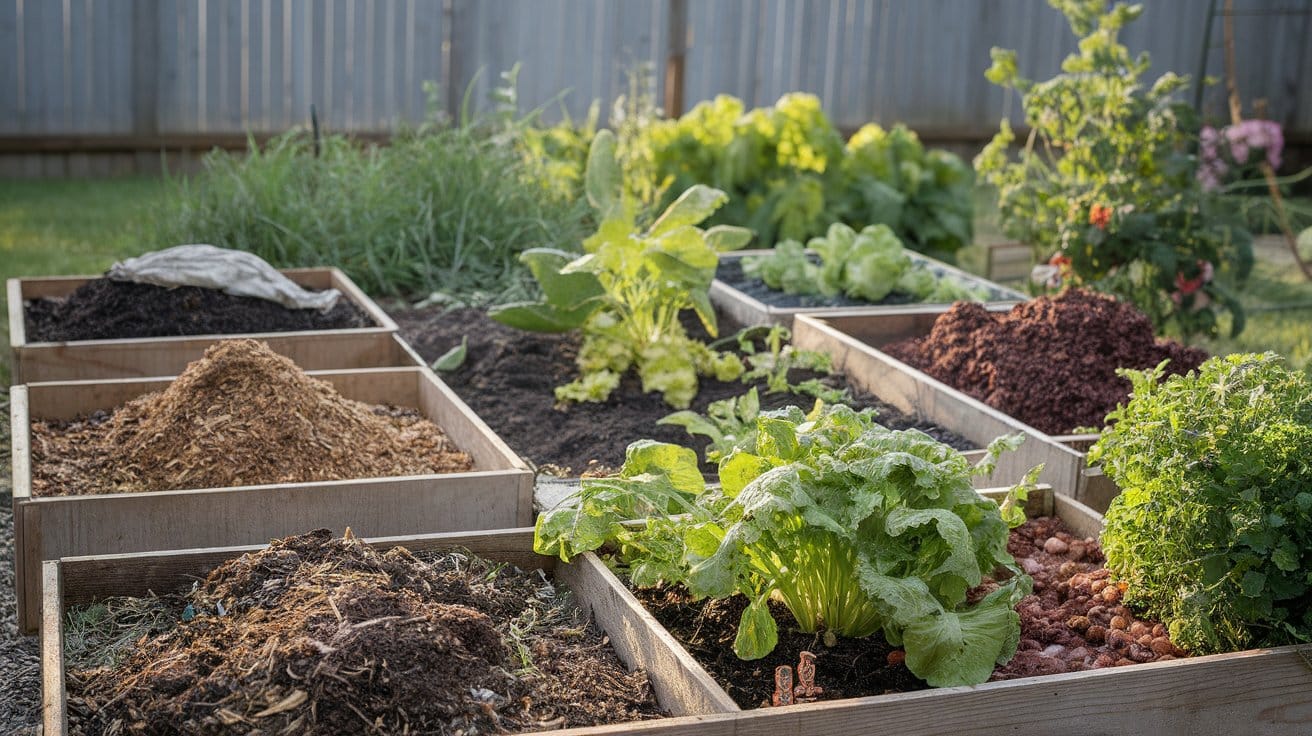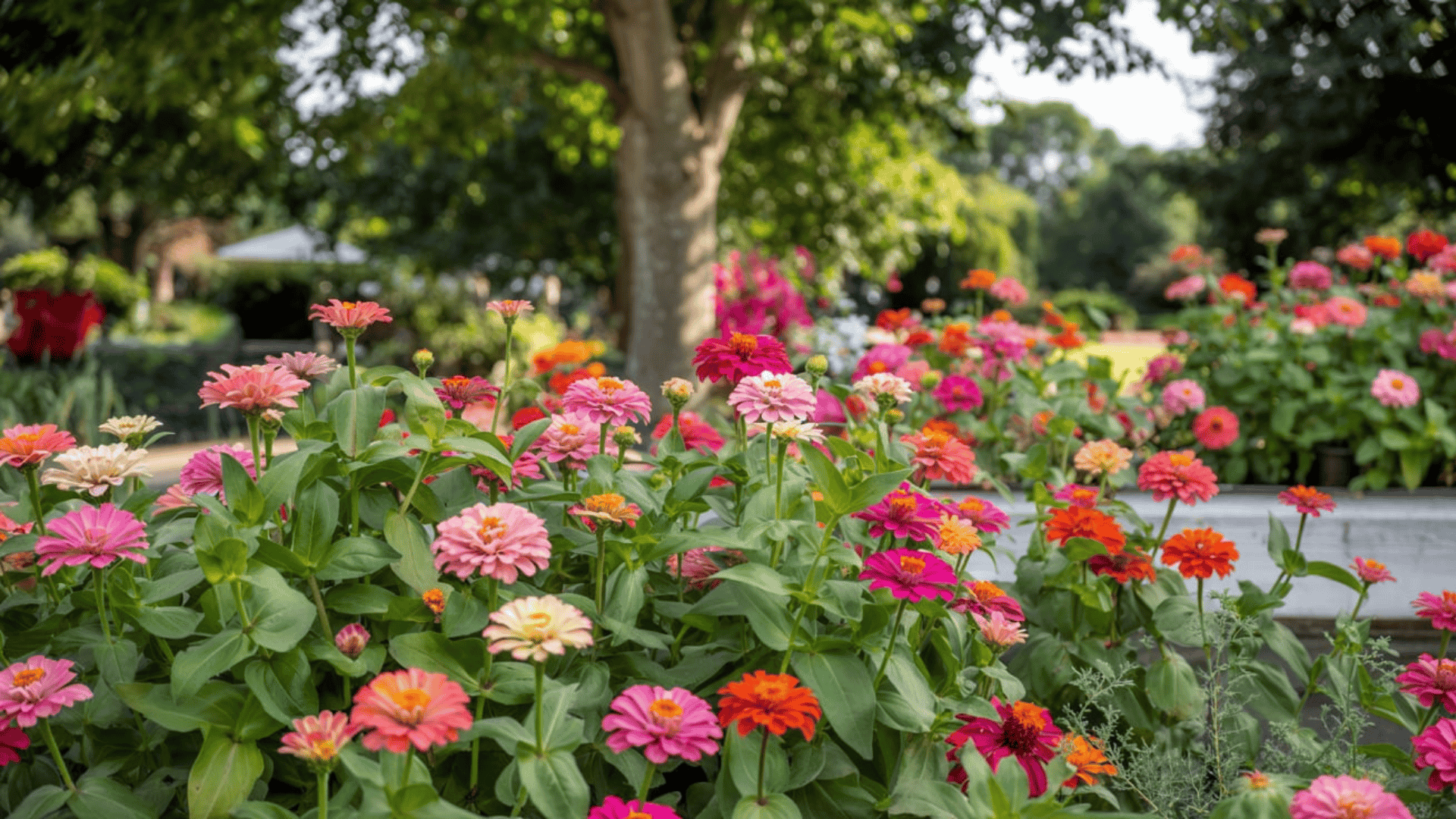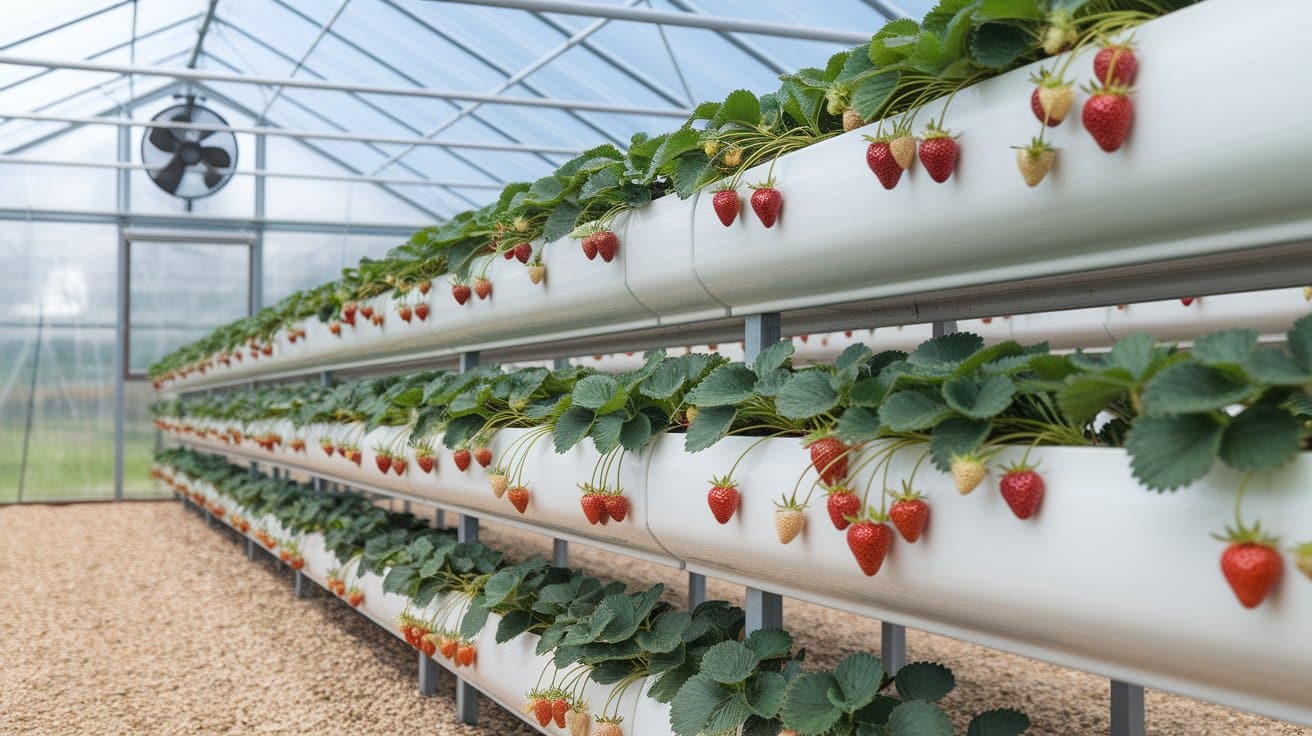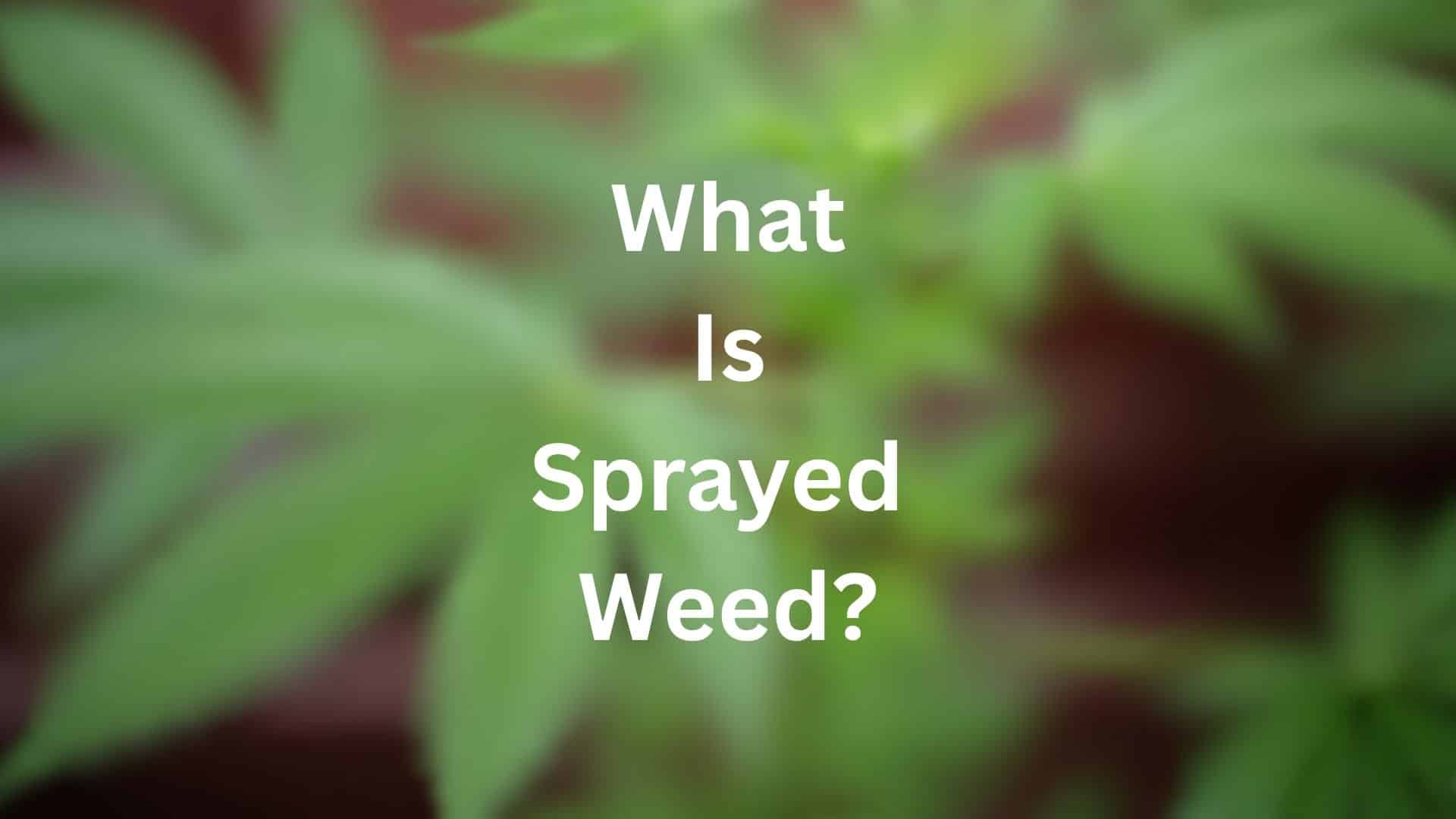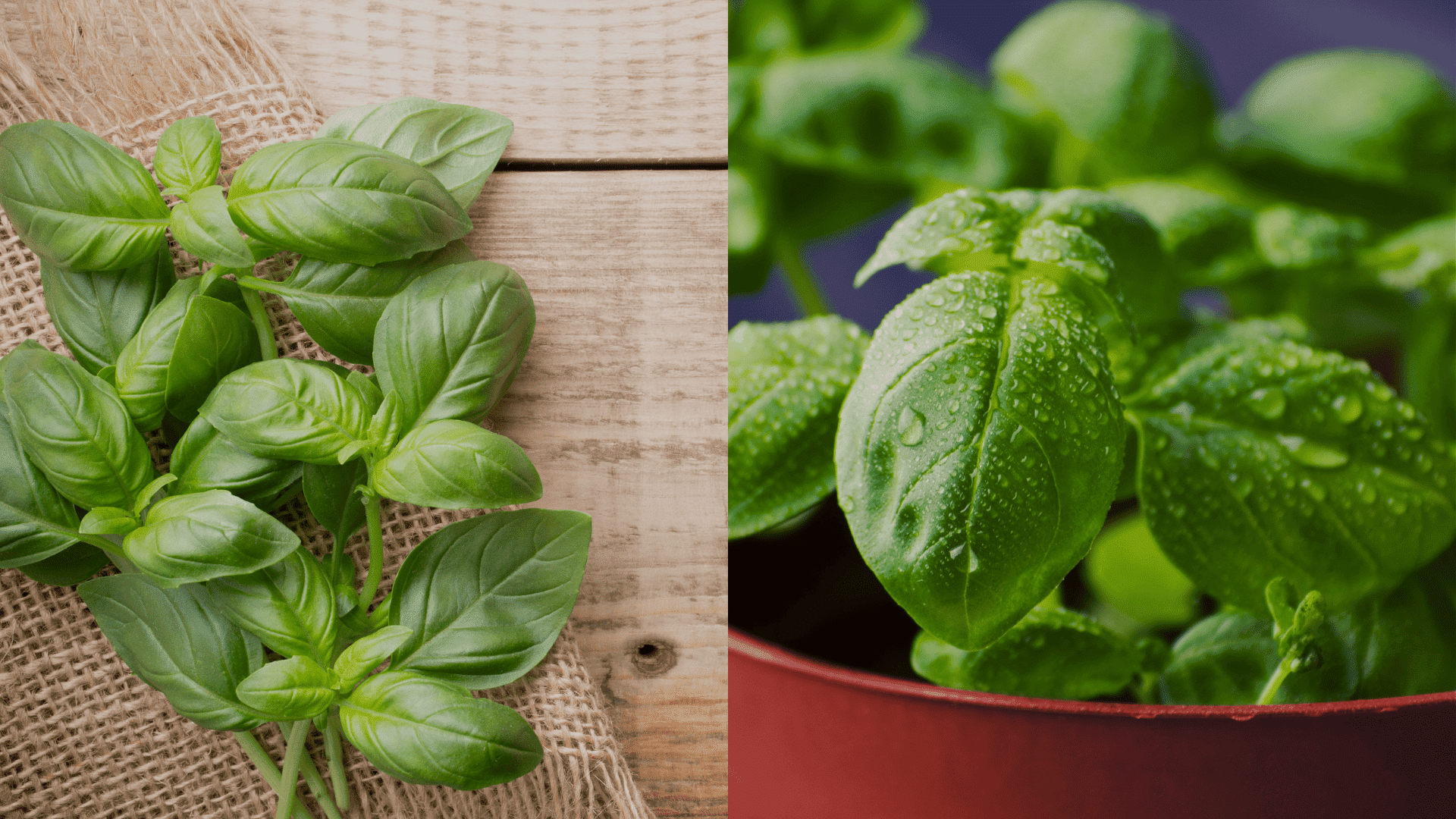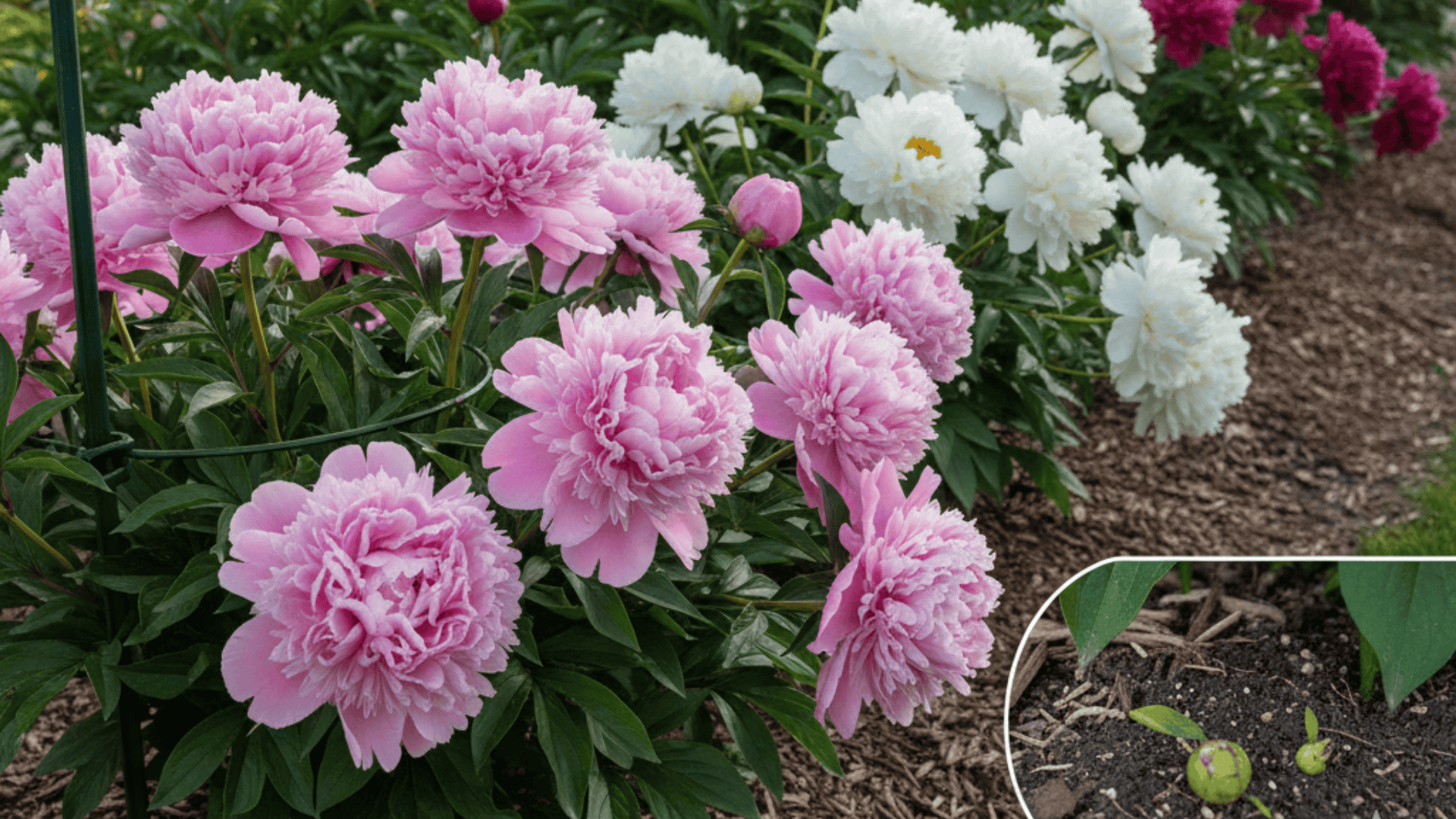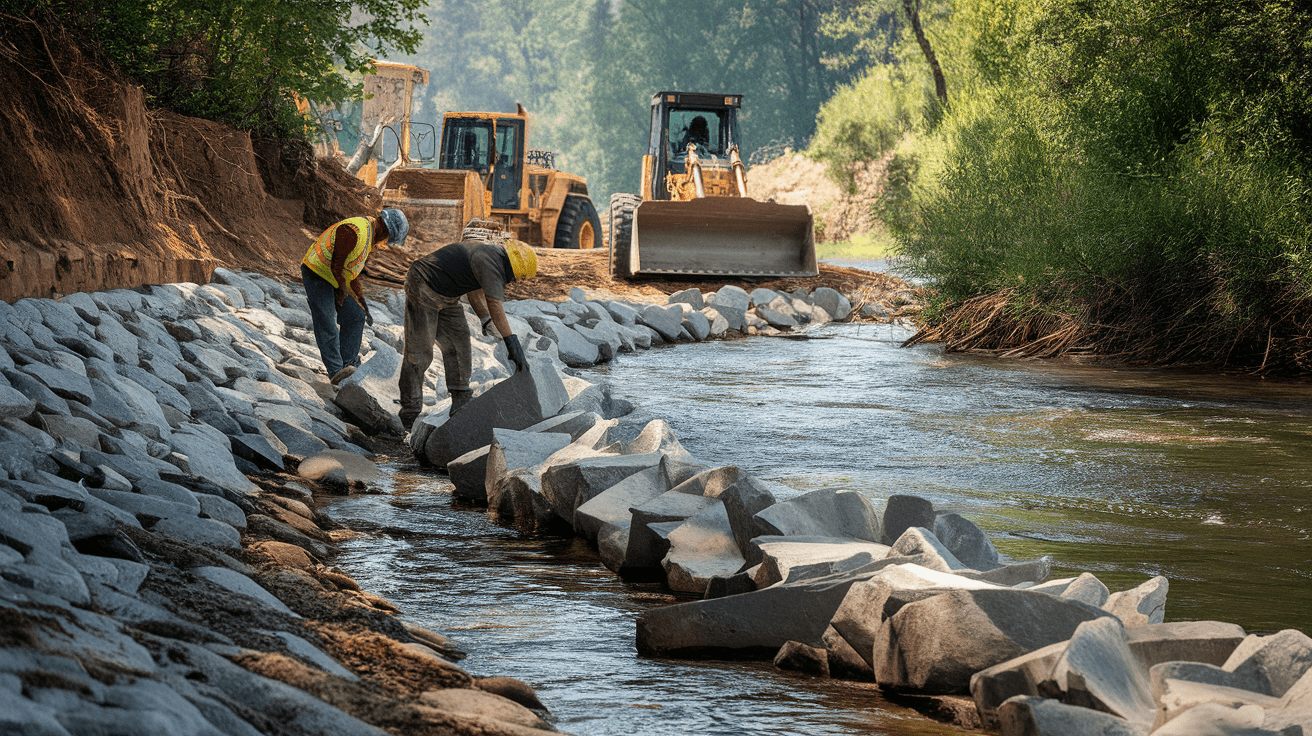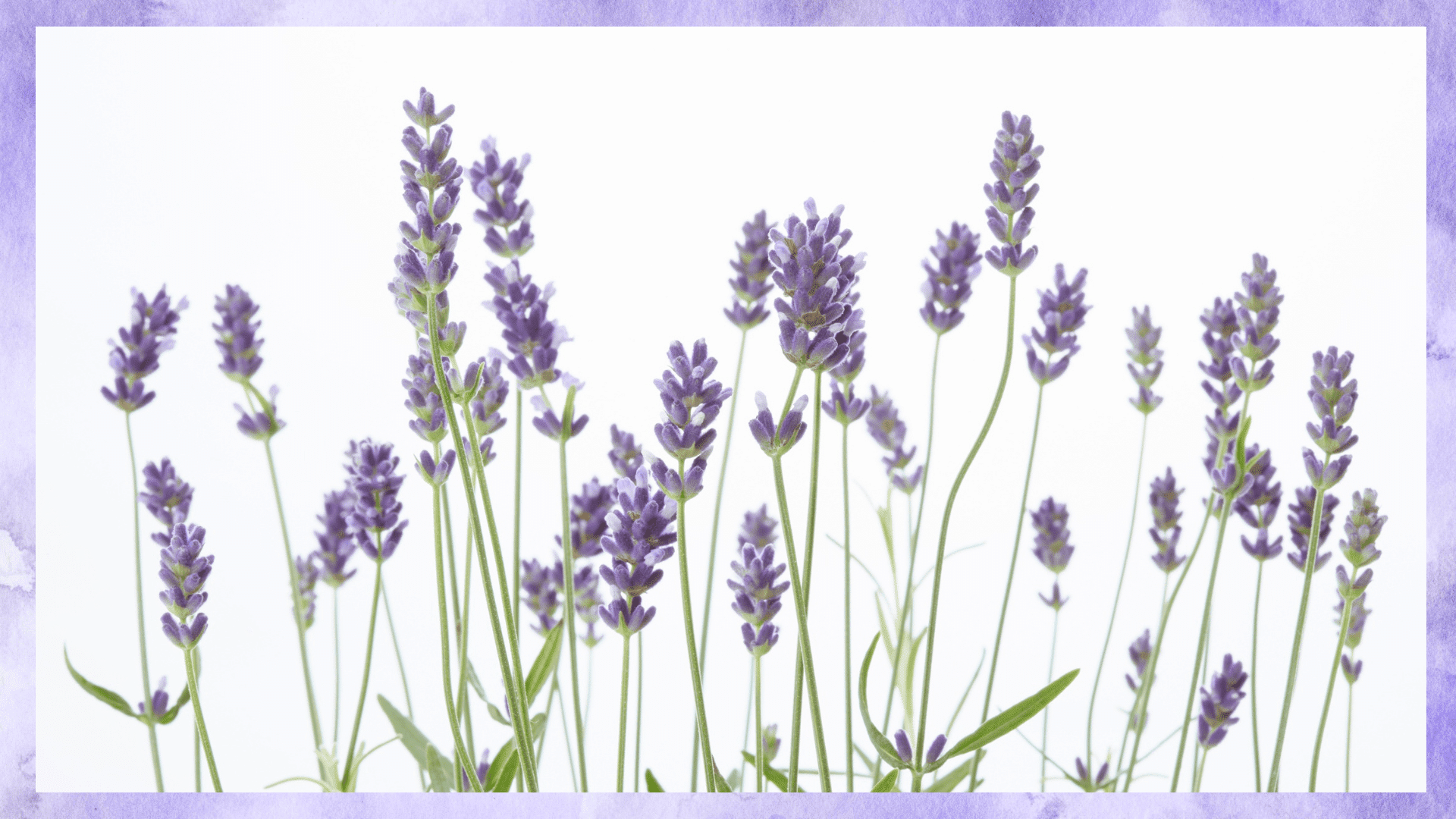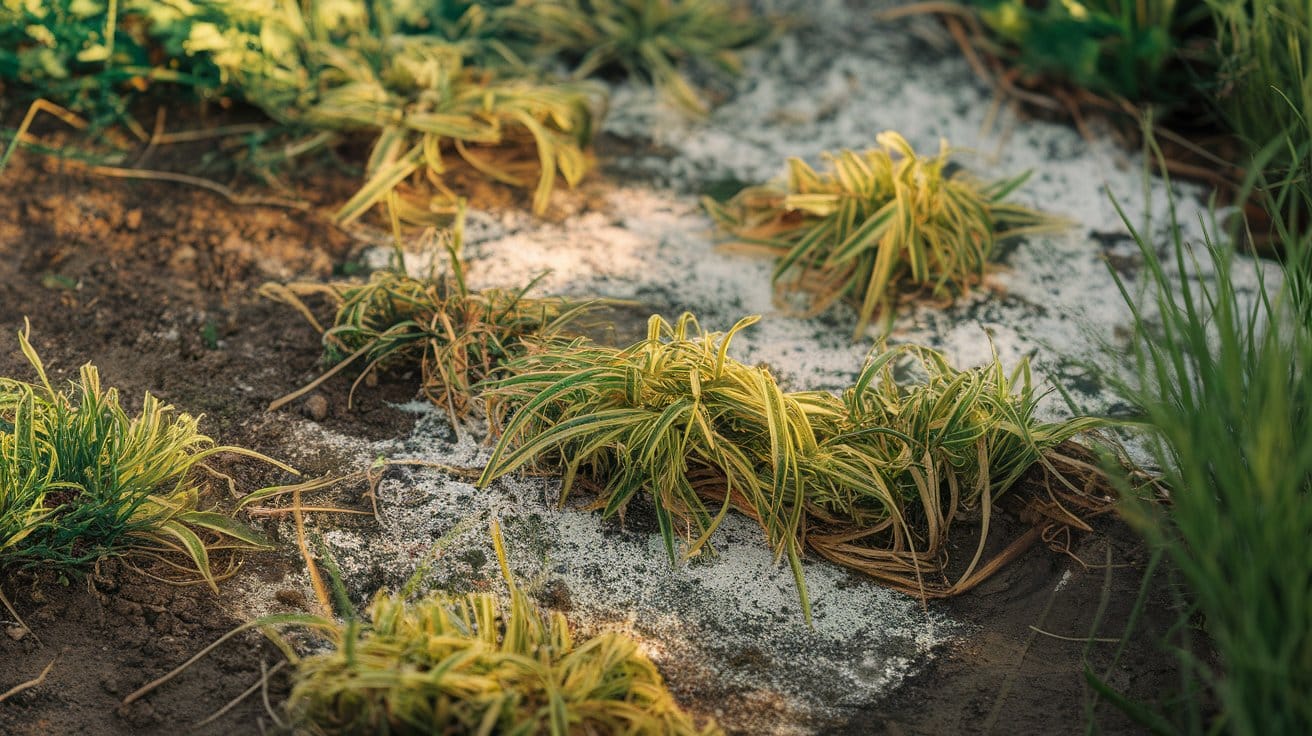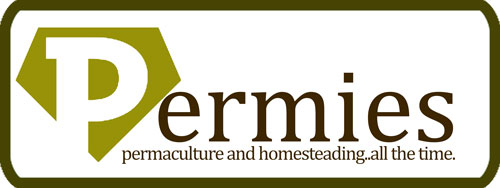Does your vegetable garden produce weak plants and small harvests? The secret often lies in the soil.
Nutrient-rich compost is essential for growing healthy, productive vegetables.
It supplies the key nutrients plants need most: nitrogen, potassium, and phosphorus, while also improving soil structure and root strength.
With better soil, vegetables grow stronger, resist disease, and develop better flavor.
The best compost for a vegetable garden is dark, crumbly, and has an earthy smell. Choosing the right type can make all the difference in your harvest.
This article will guide you through the most effective compost options and provide simple ways to utilize them in your garden.
What Makes the Best Compost for a Vegetable Garden?
Good compost makes soil into a nutrient-rich base that supports strong, healthy vegetables.
It provides essential nutrients, nitrogen (2%), phosphorus (0.5–1%), and potassium (2%), that help build sturdy stems, develop deep roots, and improve natural disease resistance.
Compost also enhances soil structure, keeping it loose for root growth while holding enough moisture for steady development.
Ideally, it should feel moist but never soggy, with a water content of approximately 40–60%.
Types of Compost for Vegetable Gardens
Different compost types work better for certain vegetables and soil conditions, making it important to match the right one to your garden’s needs.
Here are the main compost options and what makes each one especially useful in a vegetable garden.
1. Homemade Compost
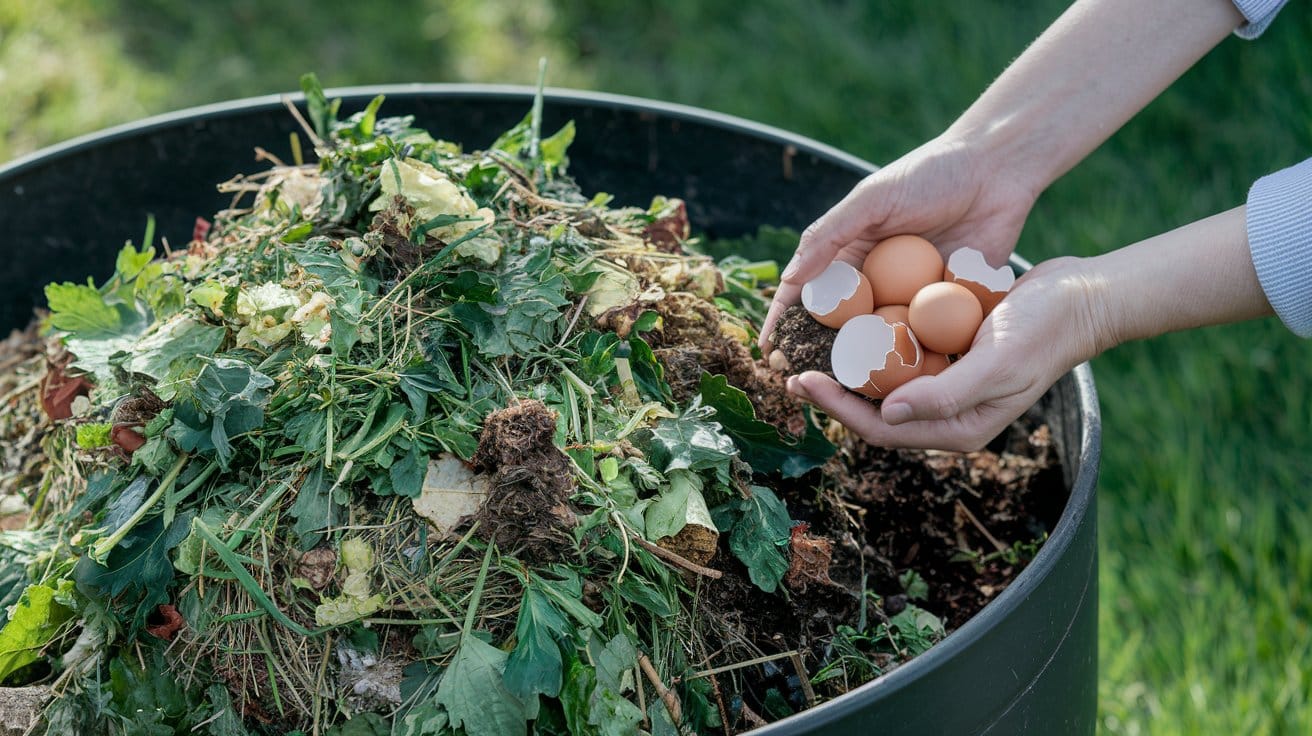
Making your own compost gives you complete control over ingredients and saves money. Kitchen scraps and yard waste form the foundation of good homemade compost.
Key Ingredients: Mix green materials (food scraps, fresh grass clippings) with brown materials (dead leaves, straw) in a 1:3 ratio.
The ideal mix includes vegetable scraps, eggshells, coffee grounds, leaves, and grass clippings from chemical-free lawns.
You know exactly what goes into it, it’s free after the initial setup, and you can customize it for your specific garden needs.
2. Manure-Based Compost
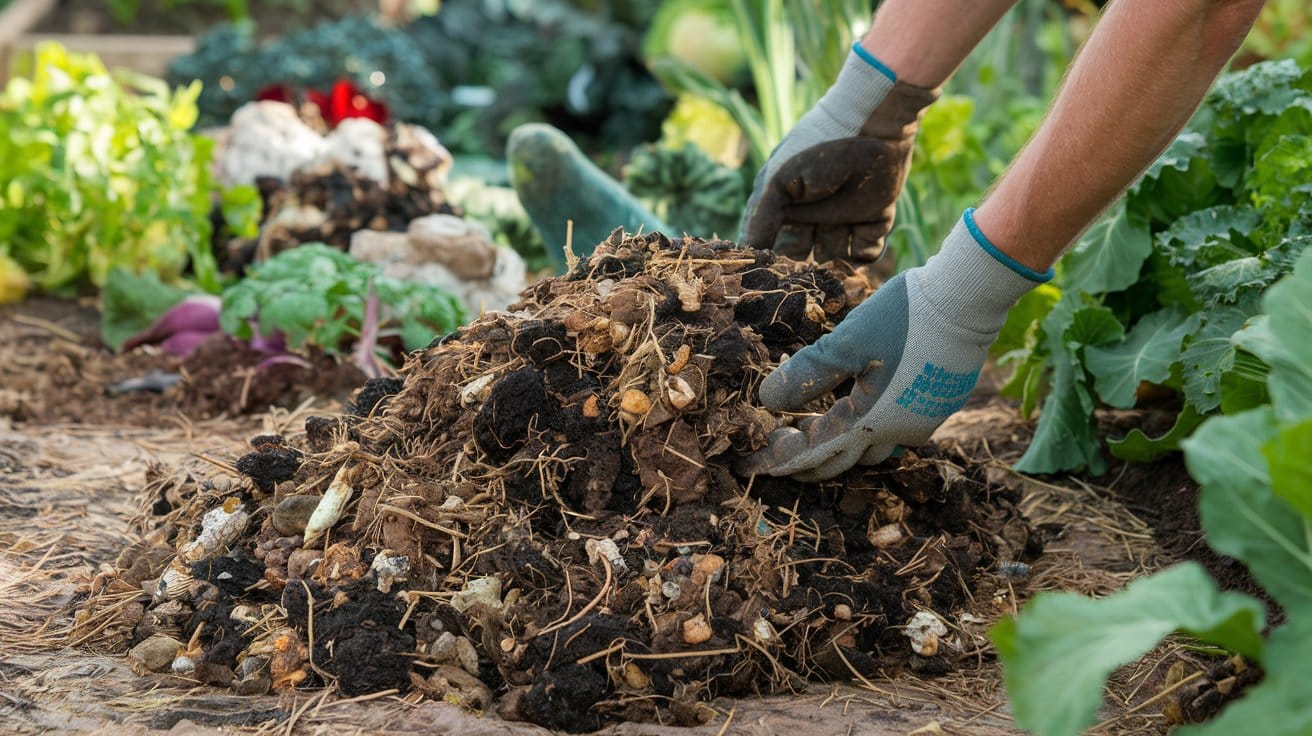
Well-aged animal manure creates some of the most nutrient-rich compost for vegetables.
Each type has unique benefits:
- Chicken manure – Highest nutrient content, about four times more than cow or horse manure.
- Cow manure – Easy to find, well-balanced in nutrients, and usually low in weed seeds since cows have four stomachs.
- Horse manure – Works well but may contain more weed seeds than cow manure.
- Sheep manure – Great for root crops as it’s not usually bedded on coarse shavings.
Always use composted manure or work fresh manure into the soil in the fall, giving it time to break down before spring planting.
Pro Tip: Never use fresh manure directly. It’s high in nitrogen and will burn plant roots.
3. Leaf Mold Compost
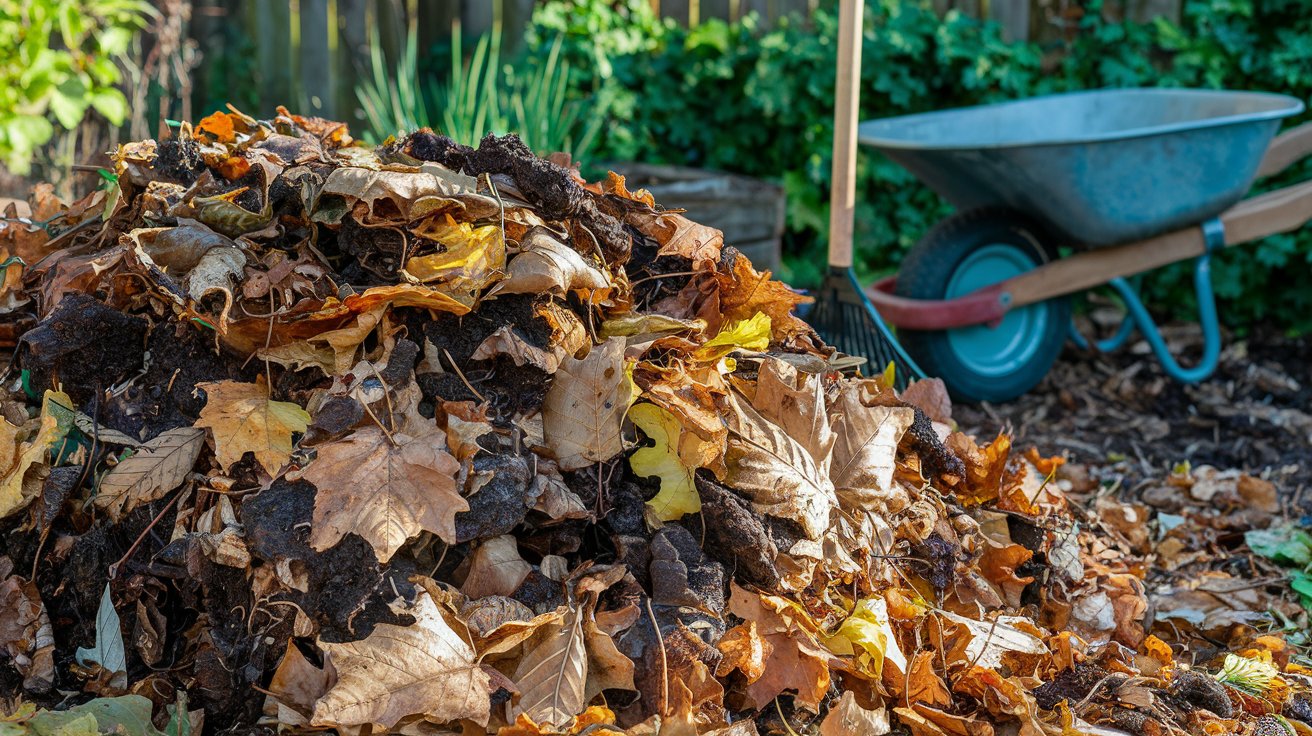
Fallen leaves create one of the best soil conditioners for vegetable gardens. Leaf mold compost is rich in organic matter and works exceptionally well for moisture retention.
It has a light texture similar to peat moss and is relatively inexpensive to produce.
This type works especially well for heavy clay soil or any soil that contains very little organic matter.
While leaf mold is excellent for improving soil structure, it’s low in nutrients, so you’ll need to add fertilizer when preparing planting areas.
4. Worm Castings (Vermicompost)
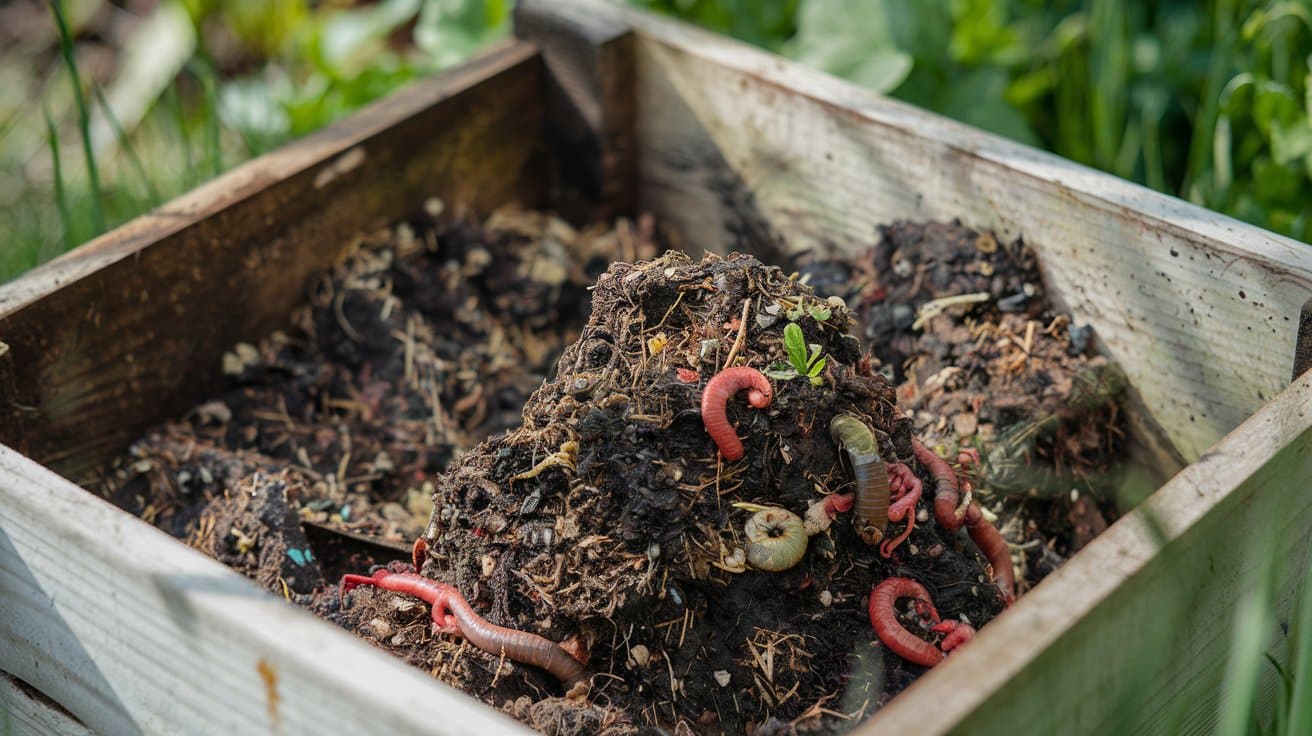
Earthworm waste produces one of the most potent composts available. Worm castings are rich in nutrients and packed with beneficial microorganisms.
They boost microbial life in soil and can be applied directly without composting time.
Vermicompost contains humic and folic acids that promote better root growth and water absorption.
It’s perfect for preparing soil for root crops or as a mid-season boost for peppers, tomatoes, and other long-season vegetables.
Pro Tip: Use it sparingly; too much can flood the soil with excessive salts.
5. Mushroom Compost
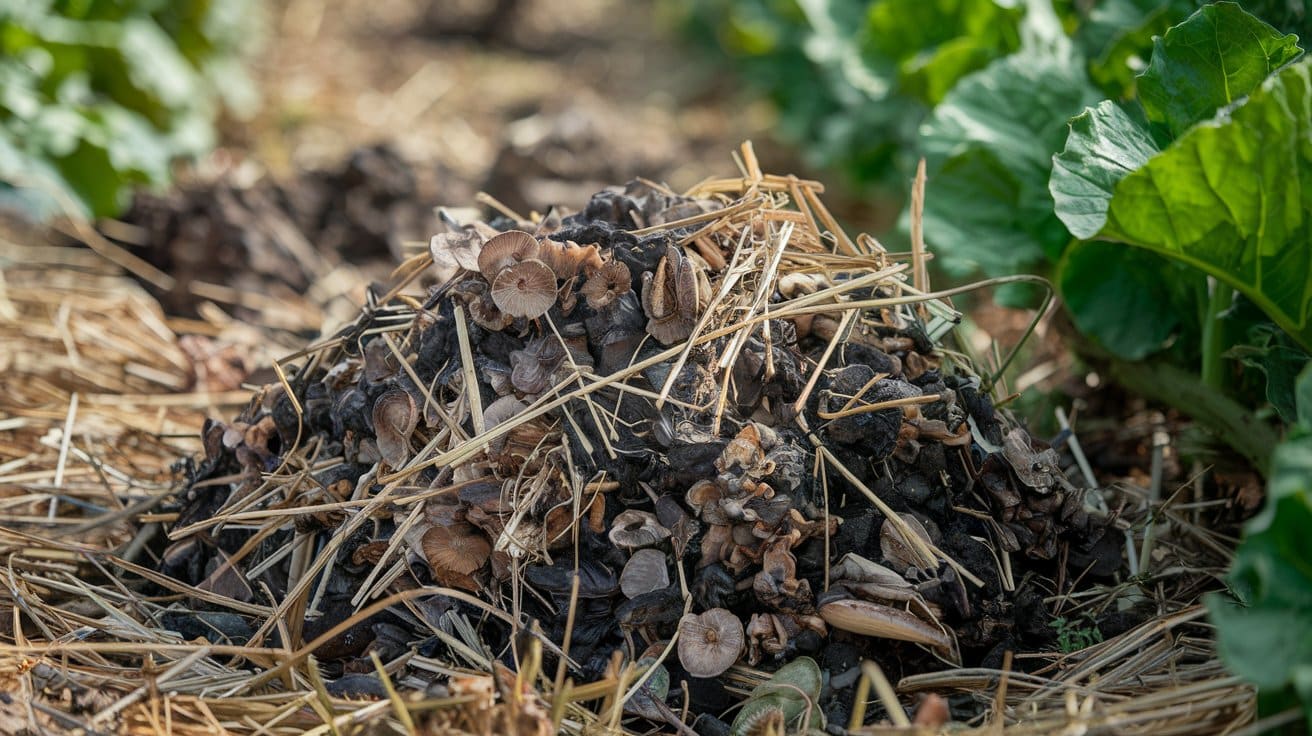
Spent mushroom growing medium makes excellent compost for vegetable gardens. Mushroom compost starts as rich, hot compost made from straw and horse or cow manure.
After mushrooms are harvested, the leftover material is packaged and sold. This compost adds organic matter and improves drainage.
It works well as a soil conditioner, but may require pH balancing for certain crops, as it can be slightly alkaline.
It often has a strong smell when first opened, but the odor disappears within a few days.
6. Store-Bought Organic Compost
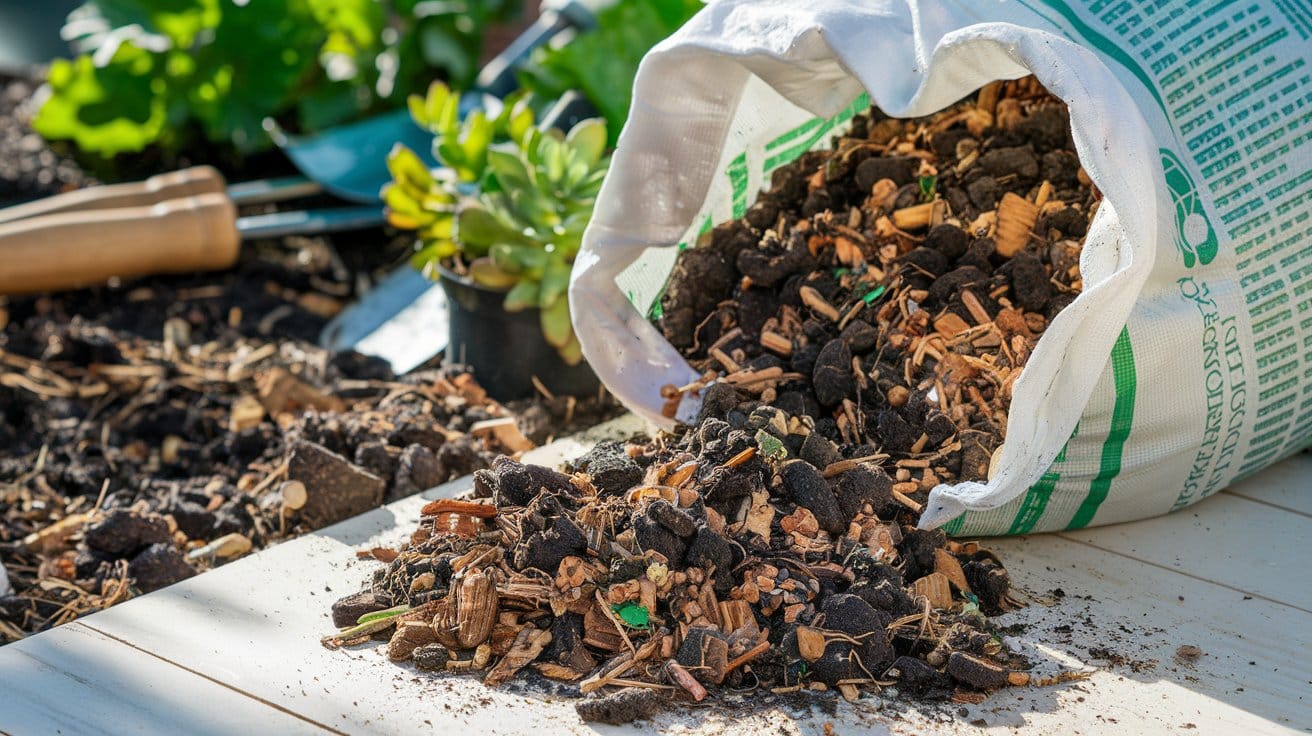
Bagged compost offers convenience and consistency. Look for certified organic compost that lists specific ingredients. Quality brands test their compost for nutrients, pH, and harmful pathogens.
Reading labels is key. Avoid products with sewage sludge, synthetic chemicals, or vague ingredient lists. Good store-bought compost should be dark, crumbly, and have an earthy smell.
Check for OMRI certification if you’re growing organic vegetables.
Quick Comparison: Types of Compost
|
Compost Type |
Nutrient Level |
Best For |
Cost |
Prep Time |
Key Benefit |
|
Homemade |
Medium |
All vegetables |
Low |
3-12 months |
Complete control over ingredients |
|
Chicken Manure |
Very High |
Heavy feeders (tomatoes, corn) |
Medium |
Must age 6+ months |
Highest nutrient content |
|
Cow Manure |
High |
Most vegetables |
Low-Medium |
Must age 6+ months |
Well-balanced, few weed seeds |
|
Horse Manure |
High |
General use |
Low-Medium |
Must age 6+ months |
Easy to find, good all-purpose |
|
Sheep Manure |
High |
Root vegetables |
Medium |
Must age 6+ months |
Fine texture, no coarse bedding |
|
Leaf Mold |
Low |
Clay soil, moisture retention |
Very Low |
6-18 months |
Excellent soil conditioner |
|
Worm Castings |
Very High |
Root crops, containers |
High |
Ready to use |
Can be applied directly to the soil |
|
Mushroom |
Medium |
General use, drainage |
Medium |
Ready to use |
Improves soil structure |
|
Store-Bought |
Varies |
Convenience |
Medium-High |
Ready to use |
Consistent quality, convenient |
What Not to Add to Compost?
Not everything belongs in a compost pile. Adding the wrong materials can slow decomposition, attract pests, or introduce harmful substances that damage your vegetable garden.
To keep your compost healthy and effective, avoid adding:
- Meat, bones, and dairy products
- Oily or greasy foods
- Diseased plants or pest-infested materials
- Pet waste or human waste
- Synthetic chemicals, plastics, or treated wood
- Weeds with seeds or invasive roots
How to Choose the Best Compost?
Selecting the right compost isn’t one-size-fits-all; it depends on your soil type, the vegetables you plan to grow, and the overall condition of your garden.
Here’s a simple way to decide which compost will give your vegetable garden the best results:
1. Consider Soil Type
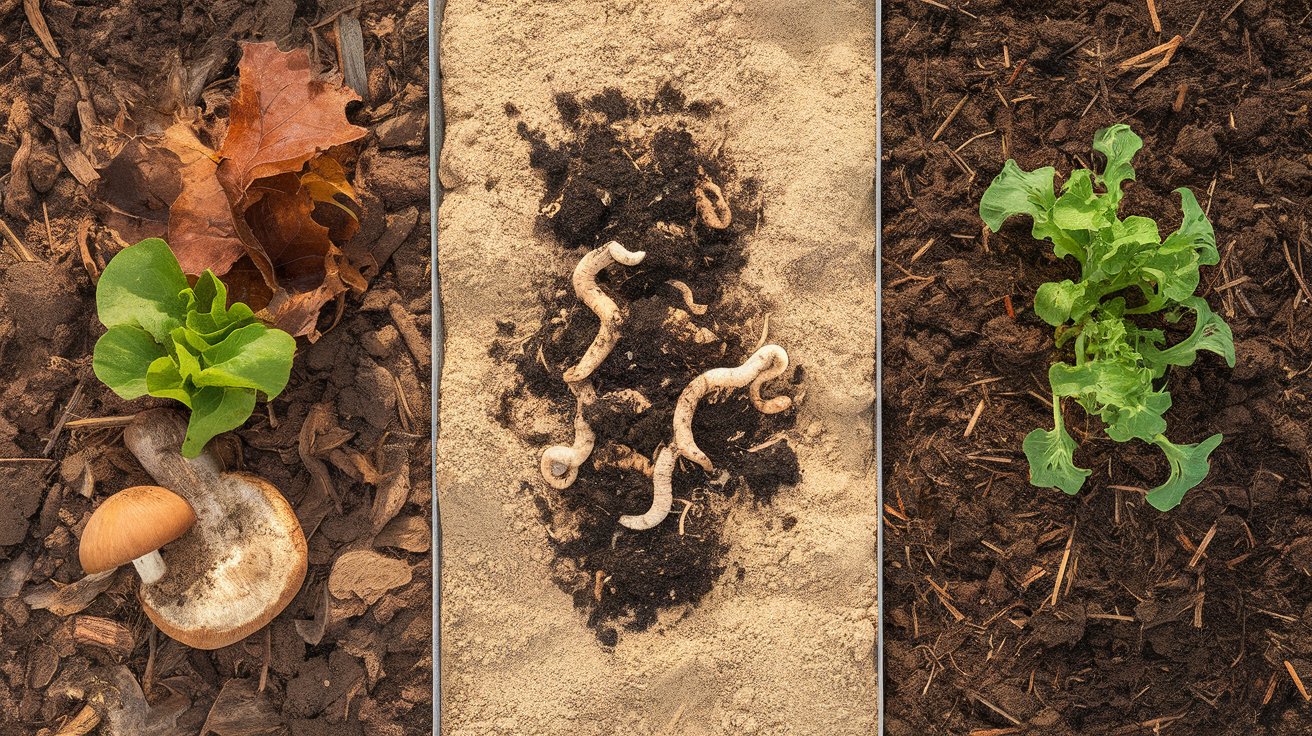
Clay soil needs compost that improves drainage and adds air pockets. Leaf mold compost and mushroom compost work exceptionally well for heavy clay.
Sandy soil requires compost that holds water and nutrients; cow manure compost and worm castings are excellent choices.
Loamy soil (the ideal garden soil) benefits from any well-balanced compost.
2. Match Compost Type with Crop Needs
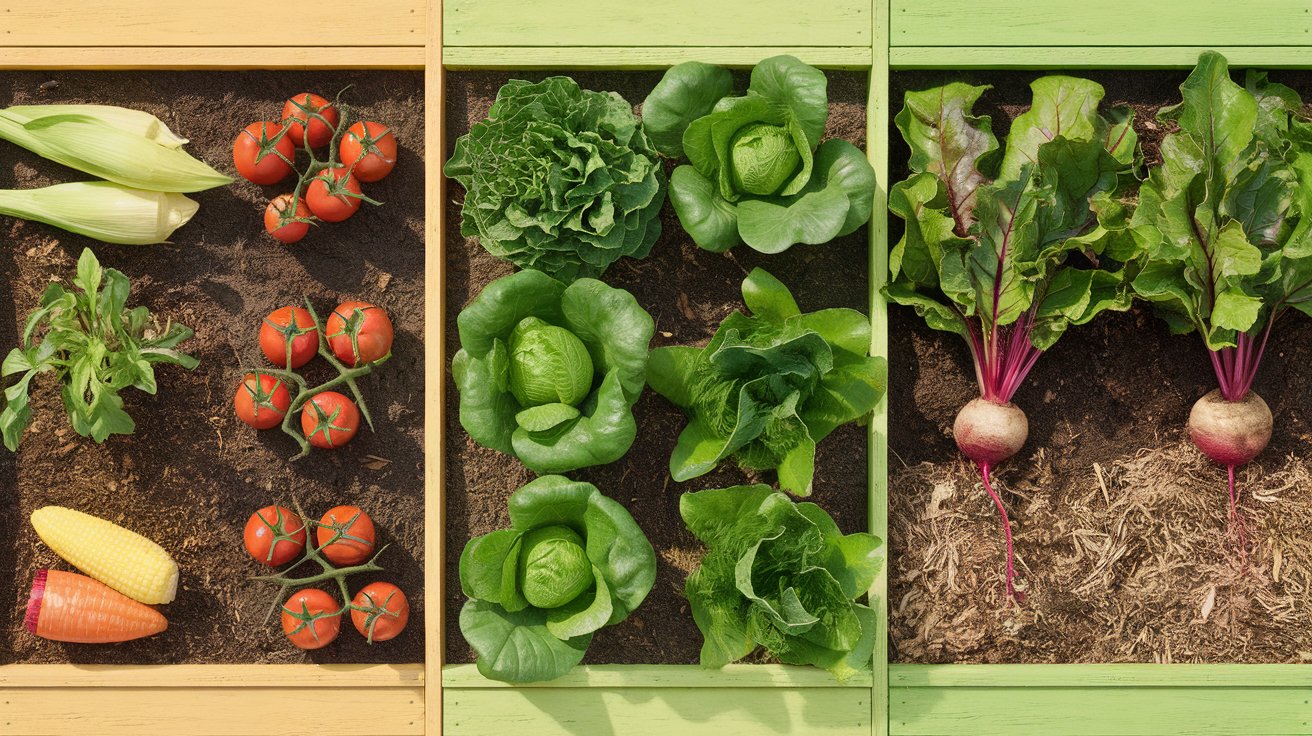
Heavy feeders, such as tomatoes, corn, and squash, thrive with nutrient-rich options like chicken manure compost or worm castings.
Leafy greens (lettuce, spinach, kale) do well with balanced cow manure compost.
Root vegetables such as carrots and beets prefer fine-textured composts like sheep manure or leaf mold that won’t cause forked roots.
3. Look for Organic and Chemical-Free Options
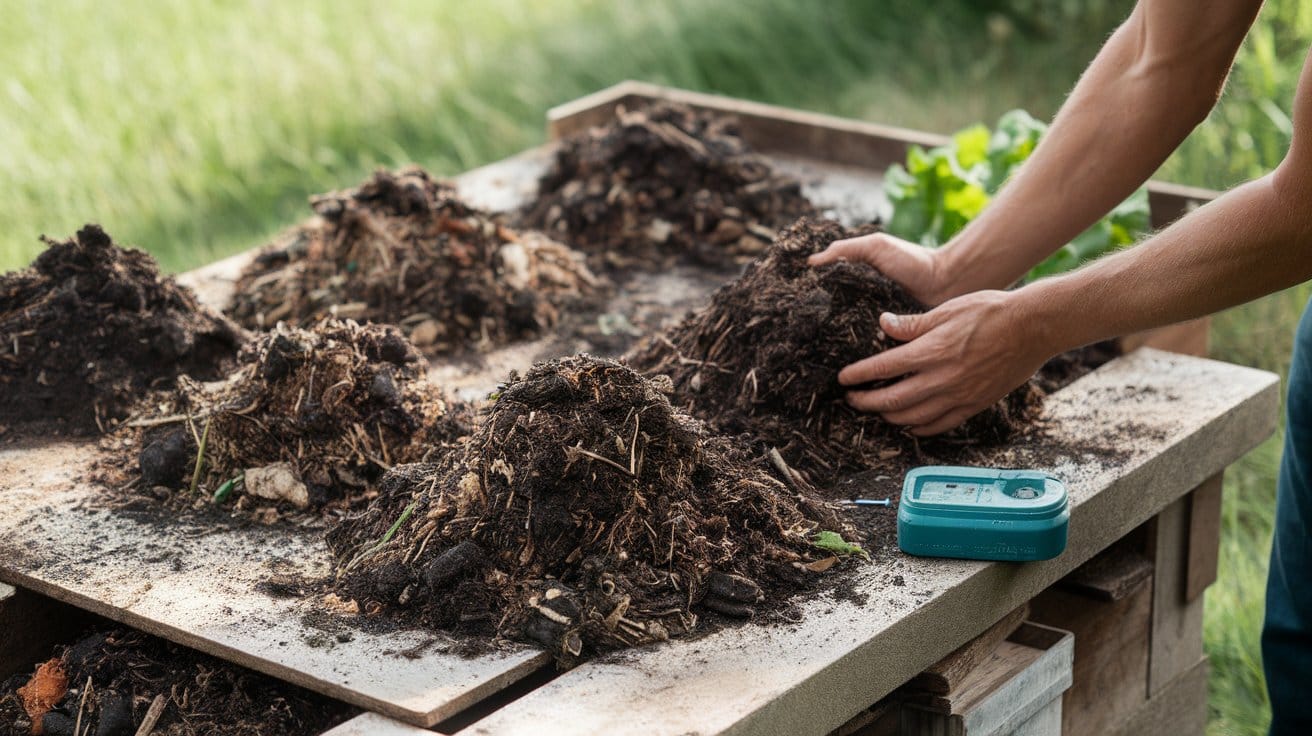
Always choose organic and chemical-free compost. Avoid compost made with sewage sludge, synthetic fertilizers, or materials treated with herbicides and pesticides.
Check the pH level of store-bought compost. Most vegetables grow best in soil with a pH level of 6.0 to 7.0.
Some composts, such as mushroom compost, can be slightly alkaline and may require balancing.
Common Mistakes to Avoid with Compost
Even good compost can harm your vegetables if used incorrectly. Avoid these common errors to protect your plants and get better results.
- Adding too much compost: Over-application can create nutrient imbalances and root problems
- Ignoring other soil needs: Compost alone won’t fix all soil issues. Test and add amendments as needed
- Applying at the wrong time: Don’t add compost right before heavy rain or during plant stress periods
- Mixing uncomposted materials: Adding fresh grass clippings or leaves can rob the soil of nitrogen
Tips for Using Compost Effectively
To get the most out of your compost, it’s essential to use proper timing, apply the correct rates, and employ effective mixing techniques.
- Best timing: Apply 2-4 weeks before planting or as mid-season top-dressing
- Garden beds: Use 1-2 inches for cold climates, 2-3 inches for warm climates
- Containers: Mix 25-30% compost with potting soil
- Side dressing: Sprinkle 1/4 inch around plants, keep away from stems
- New beds: Work compost into the top 6 inches of soil
- Surface application: Layer on top and let worms work it in naturally
- Compost tea: Steep compost in water for 2-3 days, use as liquid fertilizer
- Foliar spray: Apply compost tea in the early morning or evening
Conclusion
Your vegetable garden’s success largely depends on the health of your soil, and compost is your most powerful tool for naturally building it.
The investment you make in quality compost today pays dividends for years through stronger plants, better yields, and reduced need for synthetic fertilizers.
Every garden is different, so what works perfectly for your neighbor might not suit your conditions.
Pay attention to how your plants respond and adjust accordingly. Keep records of which compost types give you the best results with different vegetables.
What’s your experience with compost?
Share your favorite mix or success stories in the comments; other gardeners would love to learn from you!
Frequently Asked Questions
How Long Does It Take for Compost to Improve Soil?
You’ll see improvements in soil texture within 4-6 weeks, but the full benefits will develop over 3-6 months as microorganisms establish themselves.
How Do I Store Unused Bagged Compost?
Keep bags in a cool, dry place away from direct sunlight. Use within 12-18 months for the best nutrient content.
Is Expired Compost Still Useful?
Old compost loses nutrients but still improves soil texture. Mix with fresh fertilizer to restore feeding value for vegetables.
Can Compost Attract Pests to My Garden?
Quality finished compost shouldn’t attract pests. Fresh or poorly composted material may draw insects, rodents, or other unwanted visitors.

